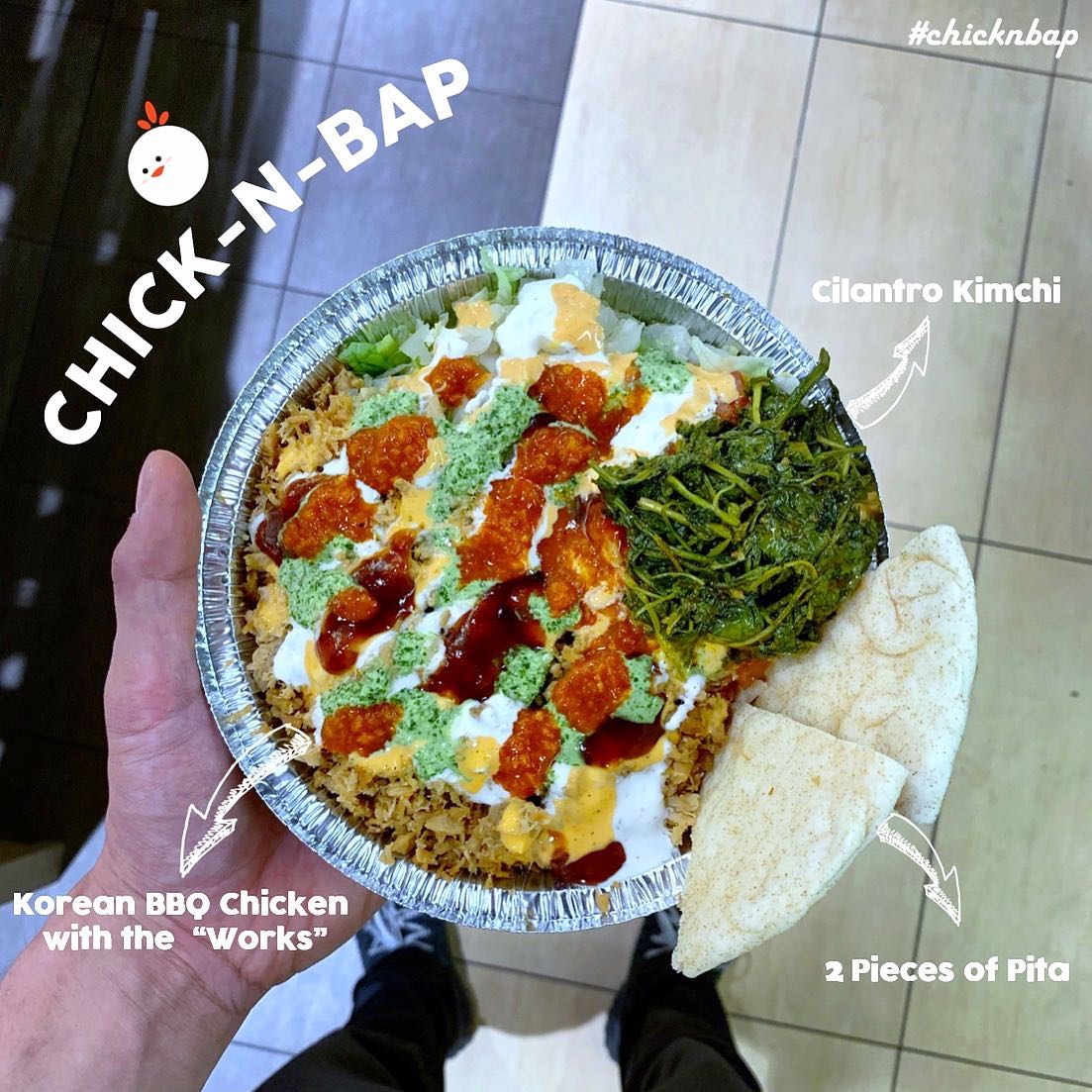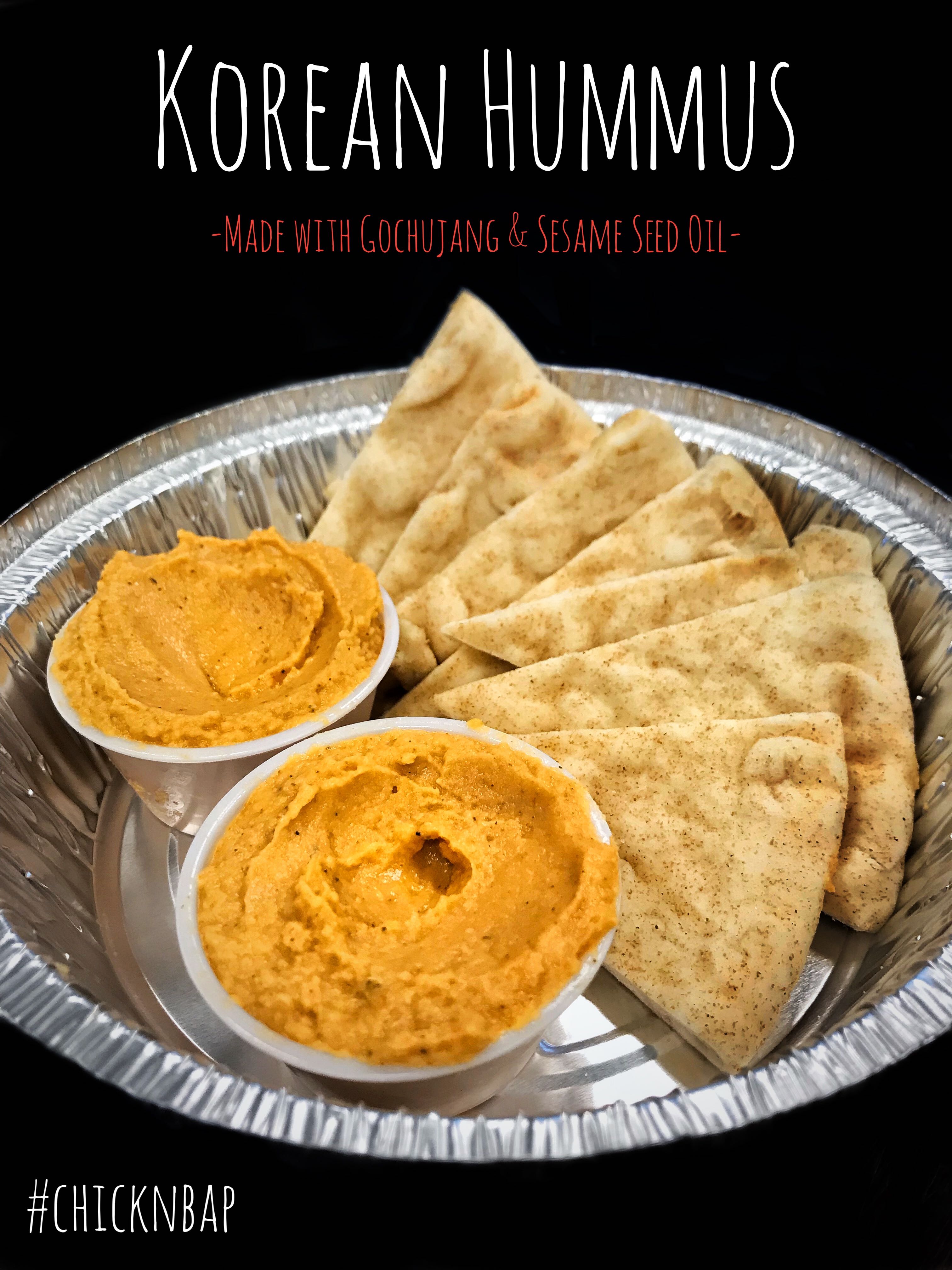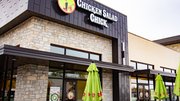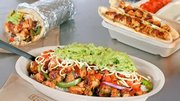Article
College students transform late-night cravings into on-campus NYC street food business
Chick-N-Bap founder Sung Kim and COO Christian KO are working to make their business a staple on college campuses.

July 11, 2019 by Cherryh Cansler — Editor, FastCasual.com
Think back to where you were when you were 26. Maybe you were already on your first, second or even sixth job, or maybe you were finishing grad school, getting married or having a baby. For Chick-N-Bap founder Sung Kim, age 26 is synonymous with the year his business took off.
 |
Chick-N-Bap founder Sung Kim launched the restaurant to combine foods from both his cultures. |
The idea of the Korean-American fast casual concept came to Kim while he was out drinking with his buddies six years ago as a senior at Binghamton University in New York. They had a craving for New York/Korean street food — chicken, rice and sauce dishes — but there was nothing like that nearby.
So Kim, who is now a U.S. citizen but migrated to the US from South Korea when he was 10, bought ingredients from Walmart and whipped the dish up in his off-campus housing.
His friends approved of the meal, and a business was born.
"As an Asian American immigrant who felt like he was living a double life, eating Korean food at home while eating cheap street food/dollar slices when out, I wanted to combine both of my 'homes' into a single concept and Chick-N-Bap was born," he said in an interview with FastCasual. "As we grow, I want to spread excitement to other young entrepreneurs from ethnic backgrounds that are chasing their dreams in the food industry."
Getting started
With $250 to his name, Kim relied on social media and word-of-mouth as his only marketing tools and cooked and filled orders from his home. He made deliveries via public bus and hosted pop-up Chik-N-Bap locations in 2014, until he graduated later that year. That's when Christian Ko, who was still a student and Kim's top customer, joined the business and took over the day-to-day operations while Kim worked full-time for the next two years and saved money to expand.
Fast forward to 2016, when the men finally turning their initial business into a legitimate operation by partnering with Sodexho at the college food court.
"I was actually Sung's #1 customer when he originally sold Chick-N-Bap out of his house," Ko said. "The reason why I supported him so much since that time is because not only does the food taste great, but also the connection between the brand and students have always felt genuine and real. It felt and still feels like the creation of college students for other college students."
After proving that college students would pay for their recipes, Kim and Ko opened a second location last year at a nearby college — State University of New York at New Paltz. A third location will open by the end of the year at Ithaca College in Ithaca, New York, but it's just the beginning for the duo, who want to be a household name within the university market.
"The brand image and the culture that we created seem to be really connecting with the students," said Kim, who has come this far with no outside funding, he said. "
When the opportunity came in Spring of 2016, Kim drained his savings and moved to Binghamton with Ko to launch the official business.
"We are not just some company with big financial backbone that's looking for another lucrative venture," Ko said. "We don't come from much and our origin really is a testament as to why our customers resonate with our brand so much.
"We aren't trying to be somebody else — just the same college kids that want to serve other college kids delicious food."
It's all about the food
Kim's creative spin on some of his favorite comfort foods sets Chick-N-Bap apart from competitors. Typical chicken and rice carts in NYC, for example, offer yellow basmati rice topped with iceberg lettuce, tomatoes, onions and finely chopped chicken thighs or gyro meat and white or barbecue sauce.
Kim took that up a notch.
"I wanted to use this as the foundation but incorporate authentic Korean recipes that would work with the chicken and rice concept," Kim said, which is why he offers rice bowls, salad bowls and the "Baprrito" — his version of a burrito.
Like his NYC competitors, Kim uses yellow basmati rice but also offers brown rice and white basmati rice seasoned with sesame seed oil. Toppings not only include the standard shredded iceberg lettuce, tomatoes, onions, chicken and gyro meat but also cucumbers, corn salsa as well as cilantro Kimchi, Korean BBQ and spicy Korean chicken seasoned with original marinades. The menu also features ginger scallion mushrooms, Korean hummus and pita bread.
Getting sauced
Although Kim offers the typical white and barbecue sauces, he said his versions are healthier than most.
"Rice, toppings and chicken together is healthy, of course, but what gives chicken and rice an unhealthy reputation is the white sauce. At the same time, it's the main ingredient that makes the dish so good," he said.
After discovering that his competitors use pre-packaged white sauce, Kim created an in-house recipe that has 35 calories and 2 grams of fat per ounce. The standard versions, Kim said, have between 160 and 165 calories with 18 grams of fat.
He also changed up the hot sauce that many people are used to having in NYC.
"Our hot sauce is our original recipe as well with Korean influence (gochujang) incorporated," Kim said. "One thing we didn't like about the city hot sauce is the fact that it could just be extremely spicy without adding much flavor, so we started experimenting with different chili bases and got to our current version which uses habaneros and gochujang pepper paste."
Lastly, Kim wanted to offer moderate heat levels to his customers since they were used to only having the choice between "not spicy" or "really spicy." He came up with Bap Sauce, a house-made Korean spicy mayo made with gochujang pepper paste, roasted garlic, sesame seed oil and many other ingredients. Green Sauce, which has a base of jalapenos, garlic and cilantro. This sauce was inspired by other fast casual ethnic cuisines that he got to try in the city.
The growth plan
Although Kim and Ko may one day like to franchise, they are dedicated to being just as meticulous with any new units as they were with the first three.
"Every location that we have or will expand to, my partner and I move there ourselves and exert all of our passion to the newly formed team, customers and the quality of the food," Kim said.
Ko agreed and said he was thankful for his immigrant parents, who sacrificed so much to allow him to pursue his passion.
"Chick-N-Bap started out when we were in college because we knew what we wanted as students, and we brought it to life," he said. "So naturally, my dream is for us to create a legacy for our families to be proud of, but at the same time, I want us to grow the right way so that our brand continues to resonate the same way in the future."
 ChatGPT
ChatGPT Grok
Grok Perplexity
Perplexity Claude
Claude












